Enterprise Customer Platform: A Must-Have for Modern Businesses
 Dean Infotech Wednesday, April 2, 2025
Dean Infotech Wednesday, April 2, 2025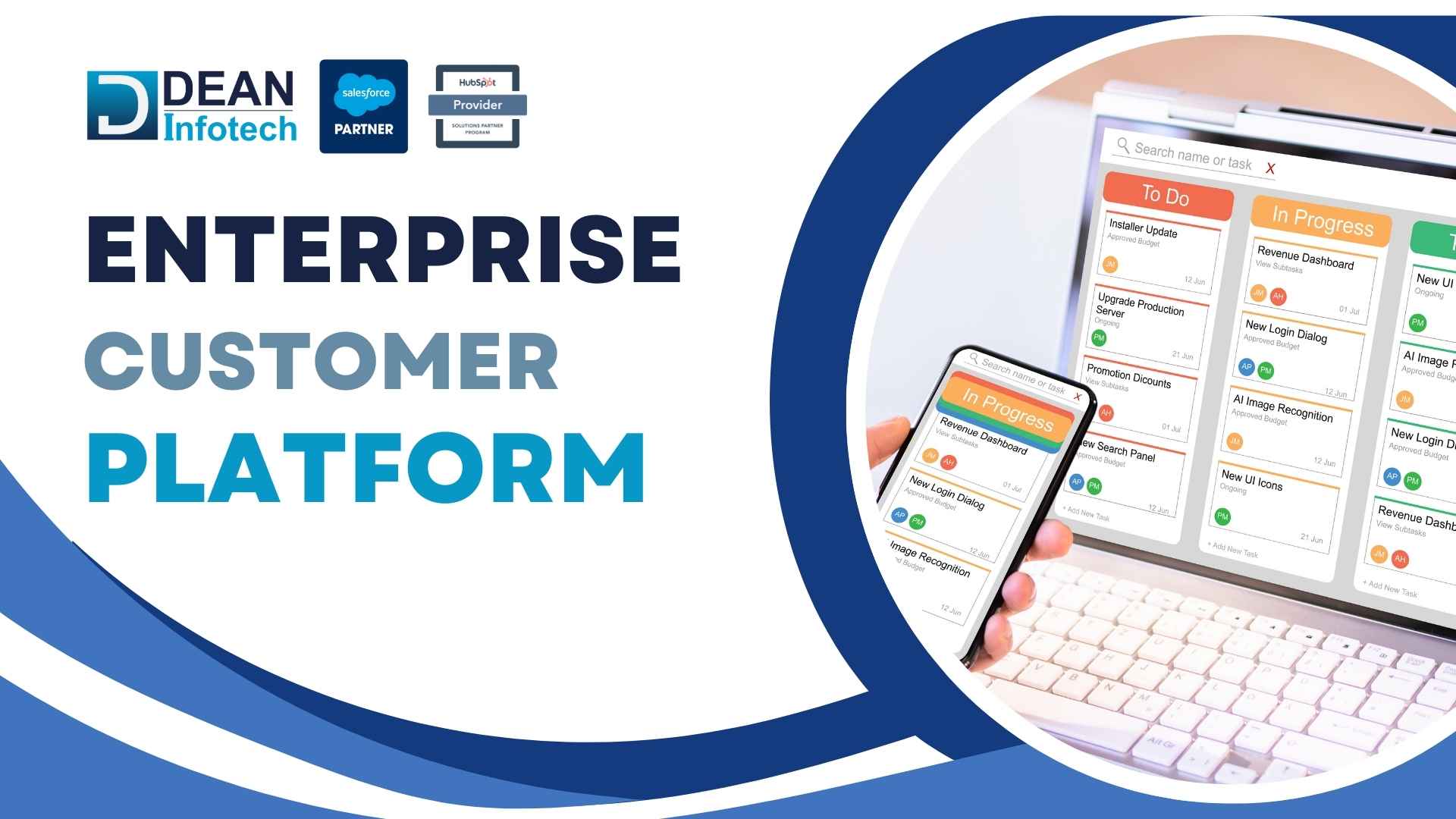
In today’s fast-paced digital world, businesses interact with customers across multiple channels—websites, social media, emails, and support centers. But managing these interactions efficiently can be challenging without the right technology.
This is where an Enterprise Customer Platform (ECP) comes in. But what exactly is it? And why is it becoming a must-have for modern businesses?
An Enterprise Customer Platform is a centralized system that integrates customer data, automated workflows, and enhances customer engagement across all touchpoints. It helps businesses streamline operations, improve customer satisfaction, and drive growth.
With rising customer expectations and increasing competition, companies need a solution that provides a seamless, personalized, and data-driven customer experience. So, how can an Enterprise Customer Platform help your business stay ahead? Let’s explore.
What is an Enterprise Customer Platform?
An Enterprise Customer Platform (ECP) is a centralized system designed to help businesses manage customer interactions, data, and engagement across multiple channels. It brings together tools like CRM, customer data platforms (CDP), marketing automation, and AI-driven analytics to create a seamless customer experience.
How is it different from traditional CRM or marketing tools?
Unlike standalone solutions, an Enterprise Customer Platform integrates various customer-facing systems into a unified ecosystem. This allows businesses to:
Centralized Customer Data – Collect and consolidate customer information from different touch points such as websites, emails, social media, and support interactions.
Enhance Customer Engagement – Deliver personalized experiences by using real-time insights and behavioral data.
Automate Workflows – Streamline sales, marketing, and support processes to improve efficiency and reduce manual efforts.
Improve Decision-Making – Leverage AI and analytics to understand customer behavior, predict trends, and optimize business strategies.
An Enterprise Customer Platform serves as the foundation for modern customer experience management, helping businesses stay competitive and customer-focused in an increasingly digital world.
Difference Between Enterprise Customer Platform, Enterprise CRM Solutions, and Enterprise Customer Data Platform
Many businesses use terms like Enterprise Customer Platform (ECP), Enterprise CRM Solutions, and Enterprise Customer Data Platform (CDP) interchangeably. However, each serves a distinct purpose in managing customer relationships and data.
1. Enterprise Customer Platform (ECP)
Definition: A comprehensive platform that integrates CRM, CDP, marketing automation, and AI analytics to provide a unified customer experience.
Purpose: Helps businesses centralize customer interactions, data, and workflows across multiple channels.
Key Features:
Omnichannel customer engagement
AI-driven insights and automation
Integration with CRM, CDP, and third-party tools
Example Platforms: Salesforce Customer 360, Microsoft Dynamics 365, SAP Customer Experience
2. Enterprise CRM Solutions
Definition: A software system designed to manage customer relationships, sales pipelines, and service interactions.
Purpose: Focuses on organizing customer data, tracking leads, and automating sales and support processes.
Key Features:
Contact and lead management
Sales pipeline tracking
Customer support and case management
Example Platforms: Salesforce CRM, HubSpot CRM, Zoho CRM, Oracle CRM
3. Enterprise Customer Data Platform (CDP)
Definition: A data management system that collects, organizes, and unifies customer data from multiple sources to create a 360-degree customer profile.
Purpose: Provides a single source of truth for customer data, enabling businesses to personalize marketing and improve analytics.
Key Features:
Data unification and segmentation
Real-time customer data processing
AI-powered insights for better decision-making
Example Platforms: Segment, Treasure Data, Twilio CDP, Salesforce Data Cloud
Key Differences at a Glance
| Feature | Enterprise Customer Platform (ECP) | Enterprise CRM Solutions | Enterprise Customer Data Platform (CDP) |
| Main Focus | End-to-end customer experience management | Sales, marketing, and customer service automation | Customer data collection and unification |
| Data Handling | Integrates CRM, CDP, and other systems | Stores and manages customer interactions | Collects and consolidates data from multiple sources |
| Personalization | Advanced AI-driven insights and automation | Limited personalization within CRM functionalities | High-level personalization based on unified data |
| Best For | Businesses needing a complete, integrated customer engagement system | Sales and support teams managing customer relationships | Marketing and data teams looking for customer intelligence |
Benefits of an Enterprise Customer Platform
An Enterprise Customer Platform (ECP) offers significant advantages across different business functions, including sales, marketing, customer service, operations, and AI-driven automation. By integrating customer data, streamlining workflows, and leveraging AI, businesses can enhance efficiency and customer experience.
1. Sales
Centralizes customer data for better sales pipeline management.
Provides real-time insights into customer behavior and buying patterns.
Automates lead scoring and follow-ups, reducing manual efforts.
Enhances sales forecasting using AI-driven predictive analytics.
Enables seamless collaboration between sales teams with shared data.
2. Marketing
Unifies customer data for precise audience segmentation.
Automates marketing workflows, reducing repetitive tasks.
Delivers personalized marketing campaigns across multiple channels.
Tracks campaign performance and ROI with advanced analytics.
Uses AI to predict customer preferences and recommend relevant content.
3. Customer Service
Provides a 360-degree view of the customer to service agents.
Automates support ticketing and case management.
Integrates with chatbots and AI-powered self-service portals for faster resolutions.
Reduces response time with real-time customer insights.
Enhances customer satisfaction with proactive issue resolution.
4. Operations
Automates business workflows, reducing operational costs.
Improves cross-department collaboration by unifying data.
Enhances reporting and compliance tracking.
Ensures seamless integration with third-party applications.
Improves resource allocation by identifying inefficiencies.
5. AI and Automation
Uses AI-powered analytics to predict customer behavior and trends.
Automates repetitive tasks, freeing up time for strategic initiatives.
Enhances personalization with machine learning algorithms.
Identifies high-value customers and recommends tailored engagement strategies.
Continuously learns and optimizes business processes for better efficiency.
Top 5 Enterprise Customer Platforms in 2025
Choosing the right Enterprise Customer Platform (ECP) is essential for businesses aiming to enhance customer engagement, streamline operations, and drive growth. Here are the top 5 enterprise customer platforms in 2025, offering comprehensive solutions for sales, marketing, customer service, and automation.
1. Salesforce Customer 360
Overview: Salesforce is the market leader in enterprise CRM and customer platforms, offering a fully integrated ecosystem for sales, marketing, service, and analytics.
Key Features:
AI-powered insights with Salesforce Einstein
360-degree customer view with Sales Cloud, Service Cloud, and Marketing Cloud
Seamless integration with third-party applications
Advanced automation and workflow customization
Best For: Large enterprises and businesses needing a highly scalable and customizable platform.
2. HubSpot CRM Suite
Overview: HubSpot provides an easy-to-use, all-in-one customer platform with tools for sales, marketing, and service automation.
Key Features:
Drag-and-drop automation for marketing and sales
AI-powered analytics and reporting
Seamless integration with popular apps like Shopify and Slack
Free CRM with paid add-ons for advanced features
Best For: Small to mid-sized businesses looking for an intuitive and cost-effective platform.
3. SAP Customer Experience (CX)
Overview: SAP CX is an AI-powered customer experience platform that integrates with SAP’s business applications for a seamless digital transformation.
Key Features:
Advanced AI and predictive analytics
Strong B2B and B2C commerce capabilities
Data-driven marketing and personalization
Scalable for large enterprises
Best For: Businesses already using SAP solutions or those needing robust data-driven customer management.
4. Zoho CRM Plus
Overview: Zoho offers an affordable and feature-rich enterprise customer platform, known for its flexibility and AI-driven automation.
Key Features:
AI-powered sales predictions with Zia AI
Multi-channel marketing automation
Custom dashboards and analytics
Strong integrations with third-party tools
Best For: Small and medium-sized enterprises looking for a cost-effective alternative to Salesforce and HubSpot.
5. Microsoft Dynamics 365
Overview: Microsoft Dynamics 365 is a powerful enterprise solution that combines CRM, ERP, and AI-driven insights into a unified platform.
Key Features:
Deep integration with Microsoft Office 365 and Azure
AI-powered customer insights and analytics
Omnichannel engagement tools
Customizable workflows and automation
Best For: Large enterprises using Microsoft’s ecosystem for seamless business operations.
Conclusion
In today’s digital-first world, businesses need a powerful and integrated Enterprise Customer Platform (ECP) to stay ahead of the competition. Whether it’s Salesforce, HubSpot, SAP, Zoho, or Microsoft Dynamics 365, choosing the right platform depends on your business size, industry, and customer engagement needs.
An Enterprise Customer Platform helps companies centralize customer data, streamline operations, and enhance customer experiences across sales, marketing, and service teams. With AI-driven insights and automation, businesses can improve decision-making, boost efficiency, and drive growth.
However, implementing and optimizing an Enterprise Customer Platform requires expert guidance and tailored solutions.
Why Choose Dean Infotech as Your Enterprise Customer Platform Partner?
At Dean Infotech, we specialize in custom CRM and ERP solutions, helping businesses integrate and optimize top customer platforms like Salesforce, HubSpot, and Microsoft Dynamics 365. Our team of certified experts ensures a seamless implementation, enabling you to:
Select the right ECP for your business needs
Customize workflows and automation for maximum efficiency
Integrate third-party applications for a unified system
Optimize data analytics and AI-driven customer insights
Ready to transform your customer experience with an Enterprise Customer Platform?
Contact Dean Infotech today and let’s build a smarter, more connected business together.

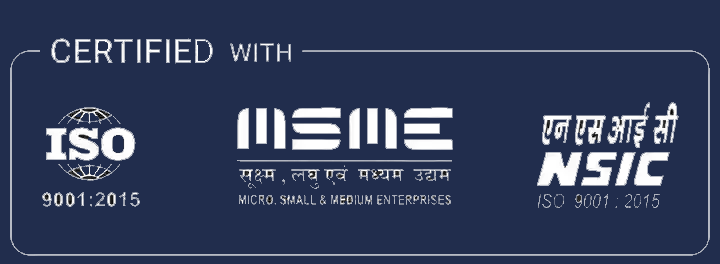
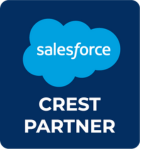
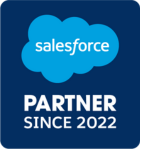
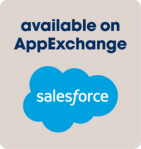
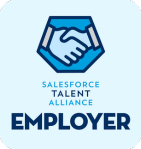

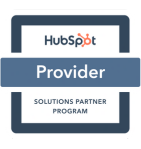
Comment